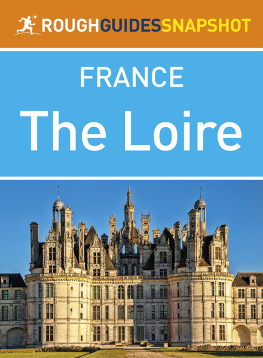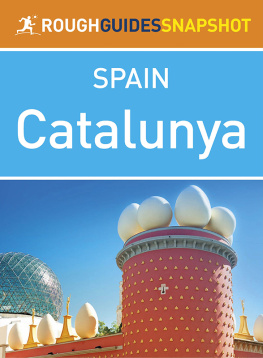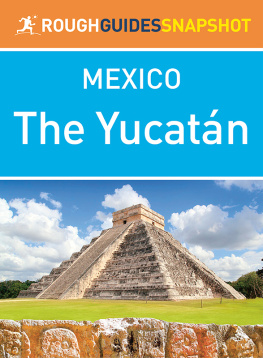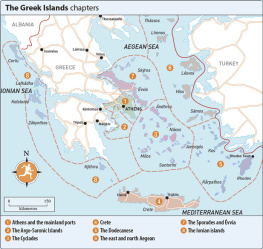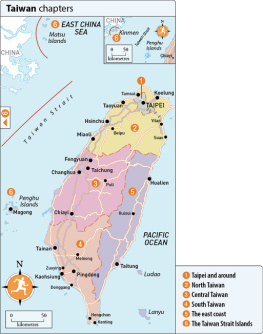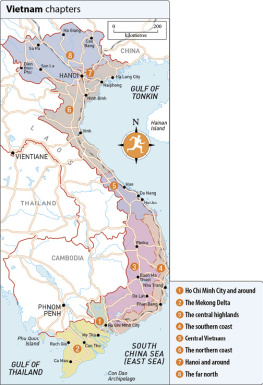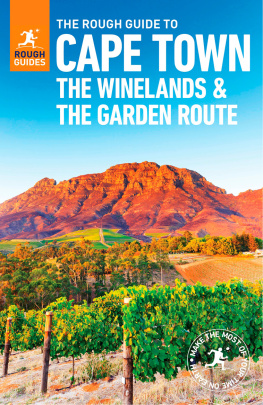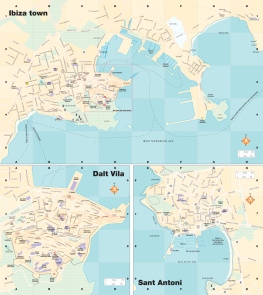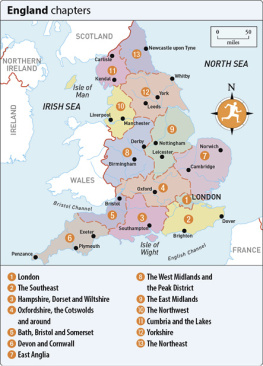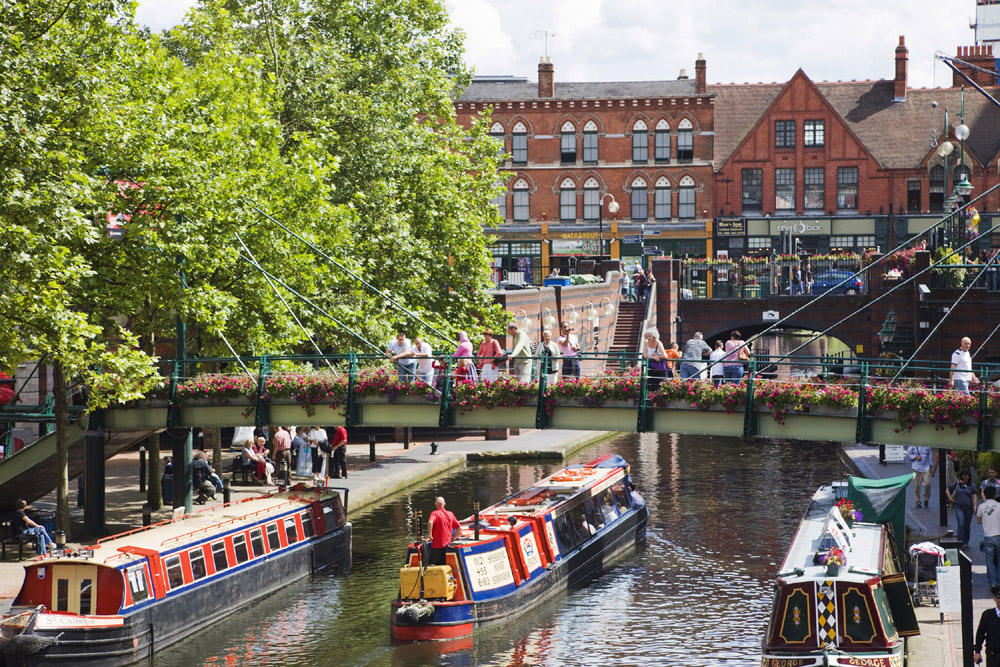
Alamy
TENBY, WALES
Contents
iStock
Introduction to
Great Britain
If you didnt know that the Great in Great Britain was strictly a geographical term (it refers to the largest island containing England, Scotland and Wales of the British Isles), youd be tempted to give Britain the accolade anyway. Its hard to think of another country thats given so much to the world railways to royalty, shipbuilding to Shakespeare, football to fish and chips and there are few holiday destinations suffused with as much history, based on more than five thousand years of settlement and a proud record of stability, democracy and invention. From dynamic London to misty Scottish mountains, fishing villages to futuristic cityscapes and whether youre looking for urban adventures, pagan festivals, cutting-edge galleries, world-class museums, wilderness hikes or majestic buildings Britain is undoubtedly great.
Of course, the kind of time you have here depends on which Britain you visit which sounds odd until you take on board that were talking about three different countries and three distinct national identities, all wrapped up in a relatively modest-sized United Kingdom on the western edge of Europe. England, Scotland and Wales have had centuries to get used to each other, but even so there are sharp reminders of past conflicts and present politics at every turn from mighty border castles to proud, devolved parliaments while youll find separate national cultural collections in the three very different capital cities of London, Cardiff and Edinburgh. Youre not walking into any kind of vicious separatist clamour, but its as well to remember that England (by far the dominant country) is not the same thing as Britain even if the English sometimes act that way.
As well as the national variations that spice up any visit, theres also huge regional diversity in Britain from the myriad accents and dialects that puzzle foreigners to the dramatically diverse landscapes. Bucolic Britain is still easy to find, be it in gentle rolling farmland or alpine peaks and lakes, and tradition and heritage still underpins much that is unique about the great British countryside. But increasingly its Britains urban culture innovative arts and music, challenging architecture, trend-setting nightlife that the tourist authorities choose to promote.
In recent years Britain has showcased its international hosting skills with gusto, not least with the staging of the London 2012 Olympics and Glasgow 2014 Commonwealth Games, each of which went above and beyond the nations ever-modest expectations in terms of both execution and medal count and placed the British Isles on the podium of global attention once again.
Britain has also been at the heart of some seismic political happenings in recent times: in 2014 the Scottish public voted in an independence referendum, opting to remain part of the union but only by an unexpectedly fine margin; then, in 2016, a UK-wide referendum on European Union membership resulted in a majority vote to leave (again, by the slimmest of margins). Despite these uncertain times, and with the full ramifications of Brexit yet to be played out, theres no doubt that Blighty is still a hugely rewarding place to visit.
Where to go
Theres enough to see and do in Britain to swallow up months of travel. The rundown of country-by-country highlights over the following pages will help you plan an itinerary or remind you of how much youve yet to see.
Travel Pix Collection/AWL Images
WORCESTER AND BIRMINGHAM CANAL, BIRMINGHAM
FACT FILE
Britain is a constitutional monarchy, whose head of state is Queen Elizabeth II. Parliament is composed of the directly elected House of Commons and the unelected House of Lords. The Prime Minister is the head of the largest political party represented in the House of Commons.
The lowest point is in the Fens of eastern England, at 13ft below sea level; the highest mountain is Ben Nevis, in Scotland, at 4406ft. The longest river is the Severn (220 miles), which flows through England and Wales.
The population of Britain is about 63 million: 55 million in England, 5 million in Scotland and 3 million in Wales. The biggest city is London, with over 8 million inhabitants.
The distance between the two extreme points of the British mainland a journey beloved of charity fundraisers is the 874 miles, from Lands End (Cornwall, England) to John OGroats (in the Scottish Highlands).
You can always plan a day out at the seaside nowhere in Britain is more than 75 miles from the coast.
Cary Grant, Stan Laurel, Robert Pattinson, Christian Bale and Guy Pearce? Theyre all Brits oh, and Gregory House, MD (Hugh Laurie) too. But London-girl Bridget Jones (Rene Zellweger) and Mary Poppins Cockney chimney sweep Bert (Dick van Dyke)? Definitely not.
England
London is emphatically the place to start. Nowhere in the country can match the scope and innovation of the capital. Its a colossal, dynamic city that is perhaps not as immediately pretty as some of its European counterparts, but does have Britains arguably Europes best spread of nightlife, cultural events, museums, pubs, galleries and restaurants.
The other large English cities Birmingham, Newcastle, Leeds, Manchester and Liverpool each have their strengths and admirers. Among much else, Birmingham has a resurgent arts scene, Leeds is the norths prime shopping city, and Newcastles nightlife is legendary. Manchester can match the capital for glamour in terms of bars, clubbing and indie shopping, and also boasts two of the worlds best-known football teams, while its near-neighbour Liverpool is successfully reinventing itself as a top cultural destination.
History runs deepest in Englands oldest urban settlements. The glorious cathedral cities, like Lincoln, York, Salisbury, Durham and Winchester, form a beautiful national backbone of preserved churches, houses and buildings, while youre never more than a few miles from a spectacular castle, a majestic country house, or a ruined monastery. There are world-famous, UNESCO-recognized sites galore, from Blenheim Palace to Canterbury Cathedral, but all English towns can rustle up an example of bygone glory, whether medieval chapel, Georgian mansion or Victorian mill. Meanwhile, reminders of more ancient times are ubiquitous and reveal quite how central England has been to thousands of years of European development. In the southwest there are remnants of an indigenous Celtic culture that was all but eradicated elsewhere by the Romans, who in turn left their mark from Hadrians Wall in the north to Colchester in the south. Even more dramatic are the surviving traces of the very earliest


